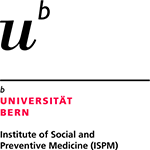Deine Geschichte zählt.
In einem entspannten Rahmen teilen wir unsere Covid-19 Erlebnisse, hören Geschichten von anderen zu und essen und trinken etwas Gutes. Wir begrüssen alle Meinungen, Gedanken und Erlebnisse die während der Covid-19 Pandemie gemacht wurden.
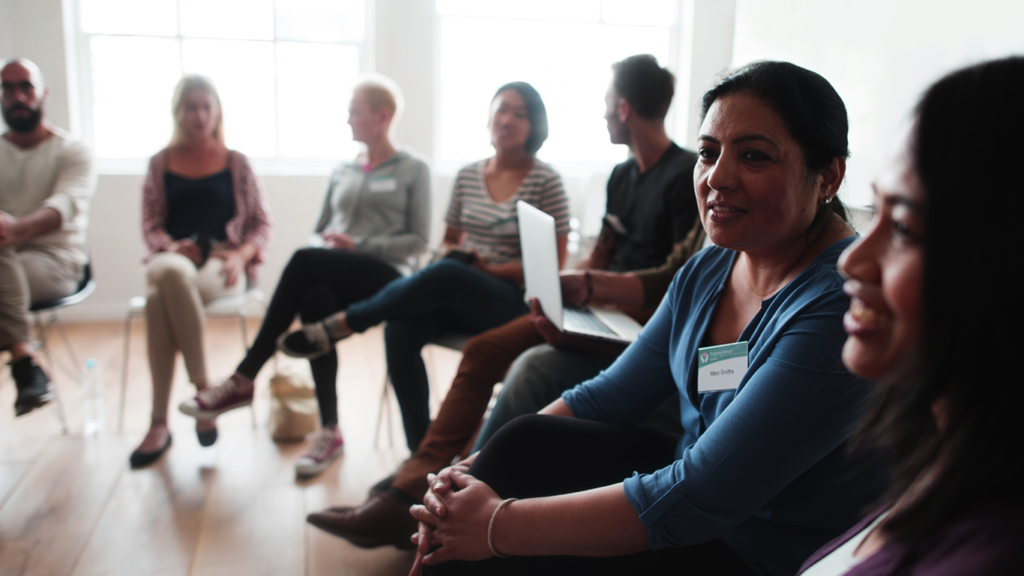
Diese Studie ist Teil des Projekts “Divided pandemic society and Public Health. Polarization in the Covid-19 pandemic response in Switzerland”, geleitet von Prof. Dr. Annika Frahsa, Prof. Dr. Markus Freitag und Prof. Dr. Nicola Low, finanziert vom Multidisciplinary Center for Infectious Diseases, University of Bern, Switzerland.
Info
- Mitmachen dürfen Menschen, die über 18 Jahre alt sind und im Kanton Bern während der ganzen oder einem Teil der Pandemie (2020-2023) wohnhaft waren.
- Für 2-3 Stunden triffst du dich mit 8-12 anderen Menschen und sprichst in einem anonymen und sicheren Rahmen darüber, wie du die Pandemie erlebt hast.
- Es gibt reichlich Essen und Getränke.
- Die Diskussionen finden an verschiedenen Orten im Kanton Bern statt. Der genaue Ort/Uhrzeit wird bei Anmeldung bekannt gegeben.
- Deine Geschichten werden uns dabei helfen, aus einer möglichst vielseitigen Perspektive die Covid-19 Pandemie zu verstehen und möglicherweise besser auf zukünftige Pandemien vorbereitet zu sein.
- Detaillierte Studienübersicht
Hier anmelden.
Our Research Team
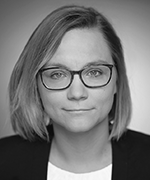
I am interested in understanding, explaining, and promoting health, equity, and well-being. Within the research group, we focus on three research areas: (1) prevention and health promotion, with a particular focus on physical activity promotion, (2) community health, and (3) healthy settings.
I am also dedicated to supporting students in developing their skills in critical thinking and asking why about health, disease, and illness. I do this by teaching courses on health promotion and Qualitative health research in different programs: the Public Health Sciences Course program for PhD students at UniBe, the inter-university MPH program, and the medical degree program.
My background is in social science: I studied political science and North American studies at FAU Erlangen-Nuremberg/Germany and at McGill University Montréal in Canada. With work on the capability approach as a paradigm for physical activity-related health promotion, I received my habilitation at the University of Tübingen in 2021. Prior to my current position, I was a postdoctoral fellow at the Univ. of Tübingen (2018-2021) and the FAU Erlangen-Nuremberg (2013-2018).
Out of the office, I try to spend the maximum time outside — Aare swimming and strolling; backcountry canoeing, tenting, and hiking with my family; as well as running for charity and talking time with the best squad.
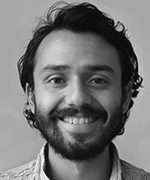
I completed my Bachelor’s at the University of Basel in Sociology and Law. Then I continued my master’s in social anthropology at the University of Bern and Vienna. Since April 2022, I am a PhD candidate at the Institute of Social and Preventive Medicine (ISPM) at the University of Bern. Within my PhD, I focus on landscapes of health and illness and societal division in the context of Covid-19. My heart beats for phenomenological and explorative research designs where contingency is at its peak. Further, I’m interested in visual anthropology, anthropology of religion and human-nature relationships.
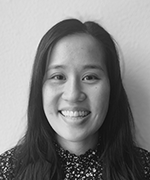
My parents grew up in Vietnam whereas I was born and raised in Bern. I completed my BA in Social Anthropology and Sustainable Development at the University of Bern and currently, I’m studying for a master’s degree in Health Sciences at the University of Lucerne. Since February 2023 I am a research assistant at the Institute of Social and Preventive Medicine ISPM at the University of Bern. I mainly contribute to the project “The pandemic society in Switzerland: Polarization and public health”. I am particularly interested in health behaviour and its determinants on a socioeconomic level, in efficient collaborations between different health providers (shared decision-making) and in health from a cultural point of view. For example, palliative care, as may be understood based on cultural beliefs about the meaning of cure, disease and death.
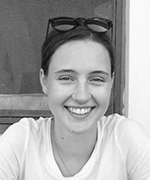
I grew up in a village near Biel and now live in Bern. Here I completed my bachelor of medicine in 2021. Currently, I’m writing my master’s thesis about the health behaviour of rural residents during the Covid-19 pandemic, which will be the basis of my subsequent dissertation. I really enjoy the multidisciplinary environment at the ISPM as I’m also interested in social approaches to medicine in addition to the scientific aspects. Since I want to be a general practitioner or paediatrician in the future I will certainly benefit from this experience.
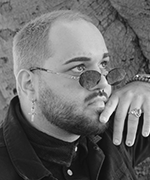
I was born and raised in Chur (Switzerland), and my parents are immigrants from Bosnia-Herzegowina and Kosovo. I finished my BA in medicine at the University of Fribourg, and for the MA in medicine, I changed to the University of Bern. Currently, I’m an MD candidate at the Institute of Social and Preventive Medicine ISPM at the University of Bern. I am particularly interested in the intersection between medicine (as a natural science) and social sciences, i.e. how society as a social construct influences the health of people. On a more superordinate level, I like to reflect on how community health is created, especially for minorities and marginalized communities such as ethnic minorities or gender and sexual orientation minorities. I contemplate about how complex constructs such as the health of entire communities are influenced by the social environment in which they are situated and what this means in regard to our responsibility as healthcare workers/scientists on a societal level.
